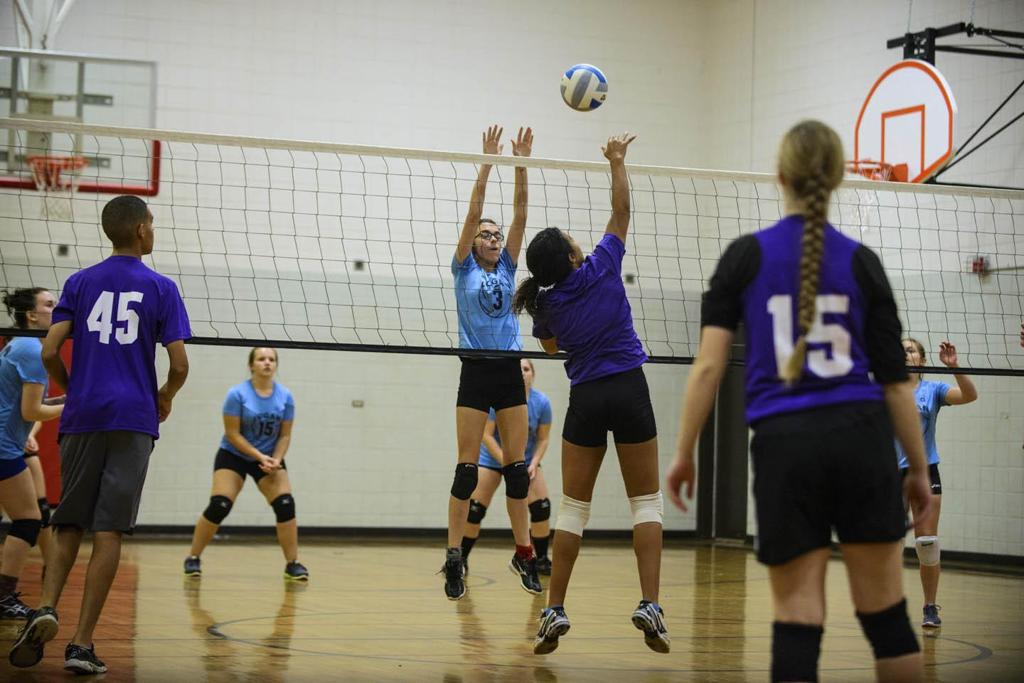
Fostering an inclusive environment can encourage athletes to develop their skills and enjoy the game more, including creating a strong team culture and communicating in an empathic manner with fellow players.
Implementing coaching resources such as drills and training guides is an invaluable asset for coaches looking to run successful practices and nurture strong players. Furthermore, these tools can assist coaches in forging relationships with their athletes.
How Can a Calgary Volleyball Coach Help with Competitive Training?
Dimevolleyball Calgary Volleyball Coach provide young athletes with invaluable lifelong lessons - beyond technical abilities. In addition to team building skills, they help foster sportsmanship and foster an appreciation of the game that will remain with them throughout their careers.
The best Calgary Volleyball Coach are lifelong learners and always seeking new coaching techniques, strategies and drills. They regularly attend coaching clinics as well as read volleyball books and articles to stay abreast with the sport.
They also gain valuable insights from their players by asking what they enjoyed or found useful, so as to implement the most successful drills into training sessions and gain knowledge into mental strategies that helped their teammates improve focus and concentration.
1. Developing a Game Plan
Competitive games are fun, high energy activities that can teach athletes various skills. Furthermore, these games help build excitement for an upcoming competition by giving participants the chance to develop competitive mindset.
Dimevolleyball Calgary Volleyball Coach can utilize games to develop athletes' internal dialogue or self-talk. By reinforcing positive self-talk during training and competitions, coaches can increase motivation while building resilience during ups and downs of each competition.
Pregame routines are an integral component of players' mental game plans. A coach can devise a pregame ritual designed to instil confidence, sharpen focus, and foster an achievement-focused attitude prior to each match. While young people may only retain physical skills from coaches for a limited amount of time, their attitudes remain with them forever.
2. Creating a Training Schedule
An annual training plan can be an essential tool for planning an athlete's season, but it must remain flexible enough to change with them and the athletes that use them throughout the year.
Dates such as competitions and vacations should be factored into your training plan to prevent disruptions from interfering with planned training blocks. Furthermore, your plan should be divided into months and weeks for more functional programming by making it simpler to develop periodized plans for each training cycle.
Coaching young athletes may provide only temporary athletic knowledge; however, their values developed through that process will endure forever. A coach is meant to guide athletes towards excellence both on and off the court.
3. Creating a Training Routine
Coaches can assist athletes in creating a training routine tailored to meet their specific goals. This regimen may consist of various types of workouts such as strength and conditioning exercises as well as sport-specific drills and techniques. The schedule will then be divided up into timelines known as blocks that determine frequency and intensity for every workout; these cycles are known as microcycles.
Athletes can gain much from working with their coaches, not only regarding volleyball skills but also on being good teammates and working well together; this skill will come in handy throughout their life and career. Athletes also benefit greatly from learning to deal with wins and losses in an appropriate manner which benefits both mental health and physical wellness.
4. Developing a Training Routine
Dimevolleyball Calgary Volleyball Coach athletes involves developing training regimens. Athletes and their coaches can use periodization - an approach used by time management systems such as microcycles, mezocycles and macrocycles - to craft an annual training plan for themselves and break workouts into manageable blocks - in order to set training routines that suit their sport and training style.
Coaches play an invaluable role in helping athletes develop strong mental game, which is key for improving performance and increasing success at competitions. At Dimevolleyball we support the Responsible Coaching Movement which advocates for open, observable interactions between adults and minor athletes at all times. If you visit this website https://www.dimevolleyball.com/ , you'll find even more Calgary Volleyball Coach online.
Comments